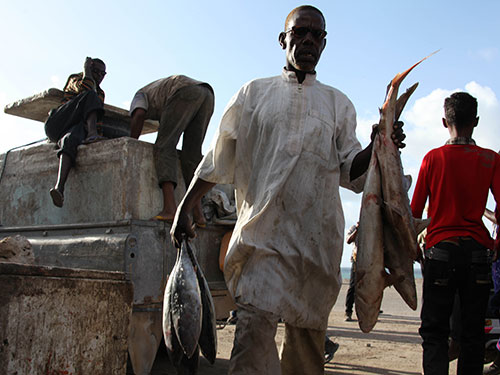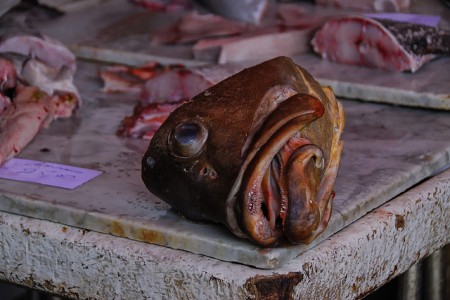
This article was originally published by the World Policy Blog on 6 October, 2015.
Extensive illegal fishing by foreign vessels in Somali waters threatens economic development in the Horn of Africa. Somali fishermen are unable to compete because the foreign fishers are better equipped and better skilled. Some Somalis believe that the only way to protect their resources and make a living is by committing piracy.
Piracy slowly grew from unorganized vigilante “coast guards” in the 1990s to transnational organized crime networks, wreaking havoc on the global shipping industry, in the early to mid-2000s. It reached its peak in 2011, when more than 28 vessels were hijacked in the waters off the Horn of Africa. Maritime crime has declined intensively over the past few years, as international naval patrols and armed guards on ships have increased. However, a recent report by Secure Fisheries, warns that those advances could be reversed if illegal fishing is not stopped.

